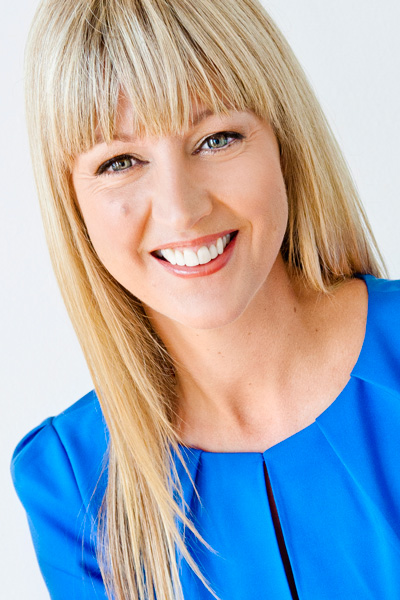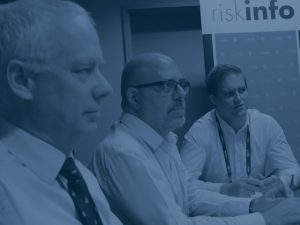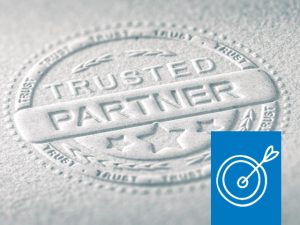Trust is a core component of any adviser-client relationship and building it is a frequent topic of conversation among practitioners.
Yet, Rachel Staggs from SRSCC is finding that some advisers seem less concerned about building trust with referral partners and may be damaging their own reputation with other professionals.
Her advice is to take the same behaviours that build trust with clients and use them with referral partners to present behaviour consistent with being a professional adviser.
When you search for the word ‘trust’ in the Oxford Dictionary, this is what it comes up with: a firm belief in the reliability, truth, or ability of someone or something.
Eg: ‘relations have to be built on trust’; ‘they have been able to win the trust of the others’
This is quite relevant when you think about the work that financial advisers do and the desire to build long-term mutually beneficial relationships with other professionals. Yet, this year I have noticed, and some might not like this word, a slackness when it comes to their behaviours with strategic alliances/referral partners/centres of influence.
Trust is a behaviour; it’s something that can take time to build but can be destroyed in a split second
I could quote the dictionary again here, but I think we all understand what slackness means!
Trust is a behaviour; it’s something that can take time to build but can be destroyed in a split second. Trust is so vital in this industry because it has such an impact on reputation and ultimately profits. When there is a high level of confidence in business, it can speed up the process of engagement and decrease multiple unnecessary steps.
In recent weeks I have heard some advisers say things like:
- “A guy I’m keen to develop a referral relationship with rang me the other week, but I haven’t had time to call him back yet.”
- “A new referral partner had a client they wanted to introduce, but I haven’t called back yet because I don’t think I can work on them yet.”
- “A referral partner wanted some marketing stuff, but I didn’t know where to find it, so I haven’t got back to her yet.”
And, the list goes on. Can you see the pattern here? Some people consider themselves far too busy to either email or call – for new business.
This may not be you, but is it one of your staff or colleagues?
I’d love to say this list comes from the less experienced advisers in Australia, but sadly it doesn’t. So, how do you ensure that you and your team are consistently displaying trust with every client and business partner, all of the time?
We understand that trust can keep people together, can hold organisations together and cause clients to keep coming back
The list below could be handy to display in the tea room or somewhere similar as a reminder about the importance of one of the most pivotal behaviours to drive this profession.
1. We understand that trust can keep people together, can hold organisations together and cause clients to keep coming back. We understand that every interaction is meaningful.
2. If we all agree with our company values and agree on the actions to add life into them, it will result in consistency in behaviour builds which trust – quickly. If we develop the client and referral partner journey, we can identify the steps where we can display confidence. (Remember trust can be built on your ability to do something so be confident to show your credentials.)
3. If the trust levels of our company drop, it can have a significant impact on the success of us all. Referral partners won’t introduce new clients, and existing clients may be tempted to go elsewhere.
4. We can display trust in all of our marketing by supporting what we claim we can do with the evidence that we’ve done it!
5. We can display trust in every action/task that we complete. When someone calls, we call them back immediately – not a week or two weeks later – it doesn’t matter who they are.
6. Is it time for us to conduct a trust radar? Can we complete a 360-degree feedback on all employees to measure our level of trust? Can we include our referral partners too?
7. Betrayal immediately destroys trust.
Depending on the size of your business you may wish to discuss in your next team meeting what the word trust means to everyone. It can mean differing things. The critical thing to consider is how you manifest all the responses into your business.
With 2018 just around the corner, now could be the perfect time to focus on how you and your team will implement these suggestions.

In her regular Practice Marketing column, Rachel Staggs provides insights to help advisers market their business to potential (and existing) clients.
Rachel Staggs is the founder and Managing Director of SRSCC, a specialist financial services consulting firm.
Contact or follow the author: Website | Email | Google + | LinkedIn | Twitter













